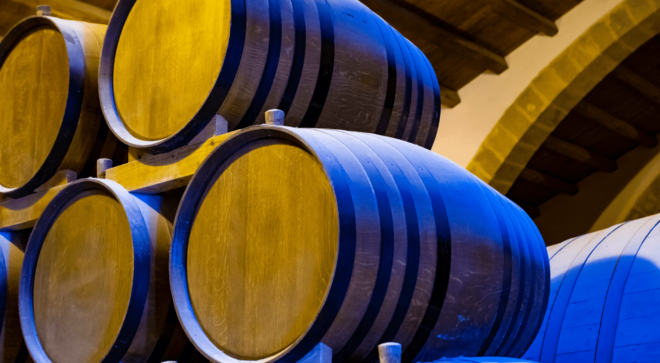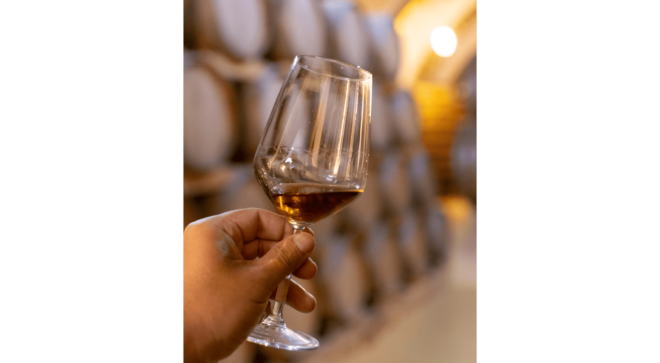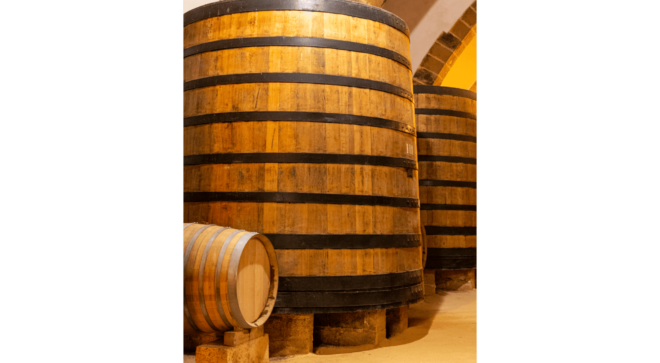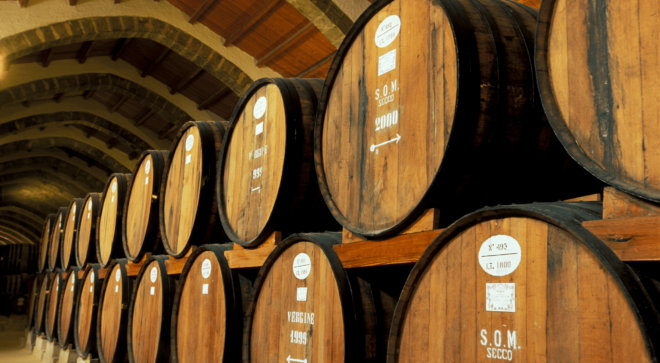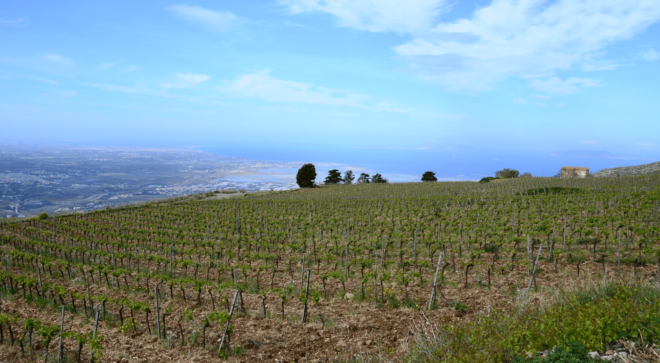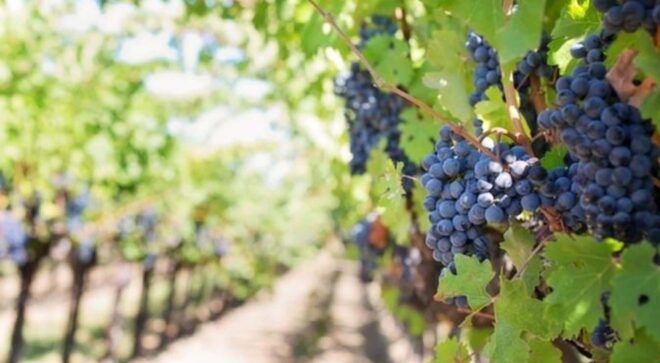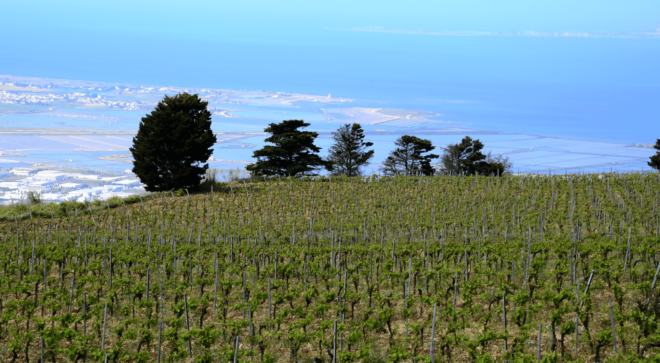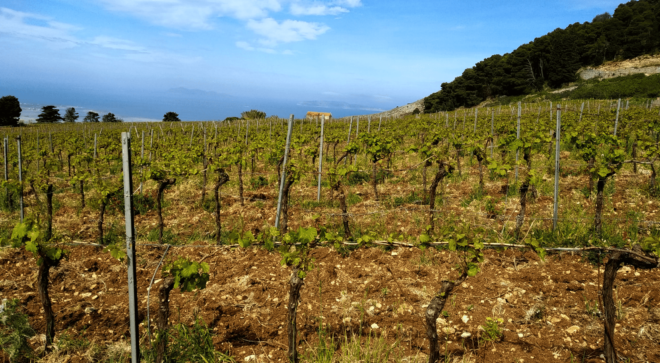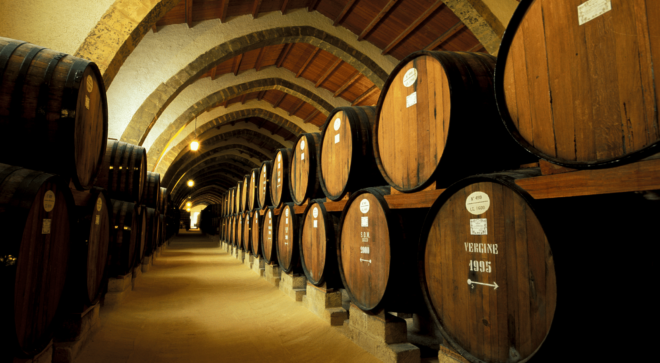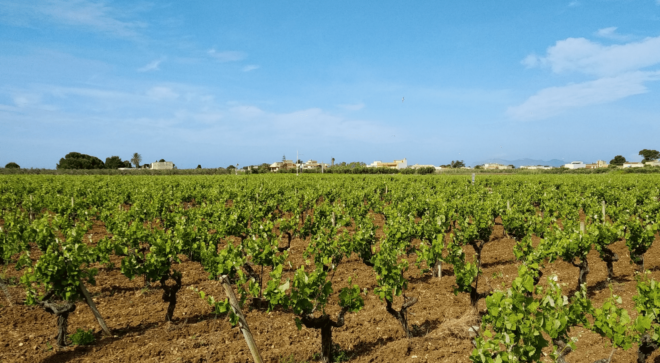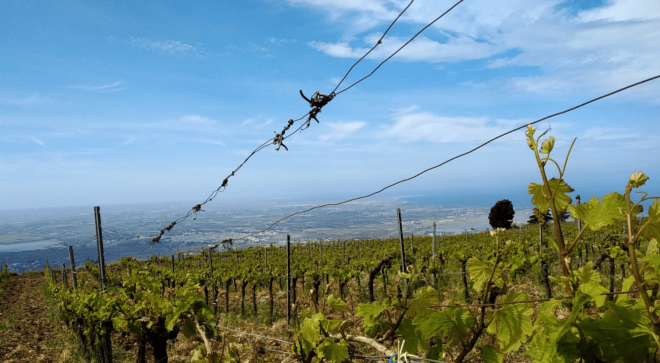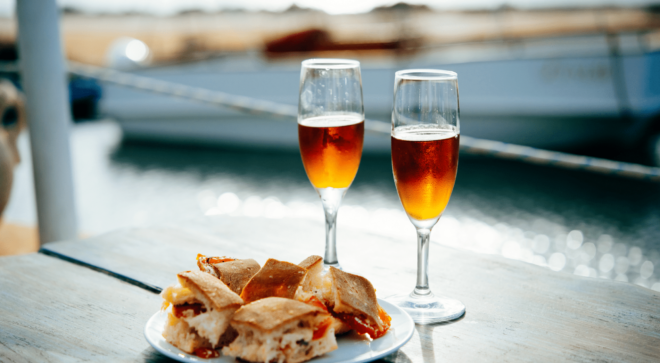Marsala DOC
Marsala is exclusively produced in the Italian city of Marsala, located in the province of Trapani, Sicily.
Presentation
Territory
Grape Variety
Aromas and pairings
Presentation
Marsala is one of the most famous fortified wines in the world. It is produced exclusively in the city of Marsala, in the extreme west of Sicily, in the province of Trapani.
The style of Marsala wine was originally created by the English wine merchant John Woodhouse, who specialized in the distribution of Port, Sherry and Madeira and who arrived in Marsala in 1770. Thanks to him, Marsala quickly acquired a solid reputation in the British market. Much of the wine at the time was sold to the British fleet, at its peak. By order of Admiral Nelson, up to 500 barrels were shipped per year. Two centuries had to pass (in April 1969) for Marsala wines to receive the DOC designation, only a few months after Etna became the first DOC in Sicily. The first production regulations for Marsala wines were very permissive, allowing excessively high production yields.
However, the regulations were revised in 1984 and, with the aim of encouraging quality over quantity, the production yields for the vineyards were reduced, bringing them to 100 quintals per hectare for white grapes and 90 quintals for reds.
Five types of Marsala are linked to the ageing of wines: fine (one year), superior (two years), superior reserve (four years), virgin or soleras (five years) and finally virgin or solera stravecchio (ten years). The typologies are integrated by the official mentions relating to the colour and sugar content of the wines: gold, amber and ruby describe the shades of the wines; dry (max 40 g / l), semi-dry (40-100 g / l) and sweet (more than 100 g / l) indicate the amount of sugar in the finished product.
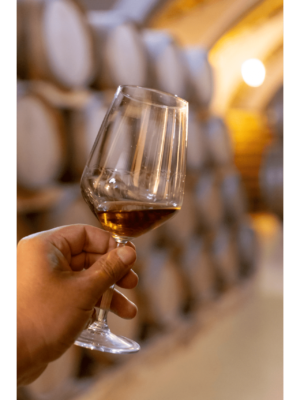
Territory
The geographical area dedicated to the production of Marsala wine DOC extends into the flat areas of the coastal strip and of the Marsala hinterland, in an area that is adequately ventilated, bright and favourable to the fulfillment of all the vegetative-productive functions of the vineyards.
Marsala DOC vines can be found in the province of Trapani in the territory of the municipalities of Buseto Palizzolo, Calatafimi Segesta, Campobello di Mazara, Castellammare del Golfo, Castelvetrano, Custonaci, Erice, Gibellina, Marsala, Mazara del Vallo, Paceco, Partanna, Petrosino, Poggioreale, Salaparuta, Salemi, San Vito Lo Capo, Santa Ninfa, Trapani, Valderice, Vita.
Grape Variety
Today’s Marsala can be produced using ten grape varieties, including the traditional Grillo and Inzolia and Catarratto (in the Catarratto Bianco Comune and Catarratto Bianco Lucido varieties).
The other grapes allowed are the autochthonous Pignatello, Nerello Mascalese and Damaschino and the only variety that is also grown outside of Sicily, Nero d’Avola. Marsala ruby must be obtained from at least 70% of black grape varieties.
Aromas and pairings
Marsala is a meditation wine that can be paired with blue cheeses, Parmesan cheese, olives, and nuts. Dolce Marsala makes for a decadent dessert wine that goes wonderfully with just about any chocolate dessert, including tiramisu, truffles, or cake, and with typical Sicilian desserts such as cassate, cannoli and Martorana fruits.
Dry Marsala wine is used in savoury cooking, one of the most popular Marsala recipes being veal marsala.
Learn more about :
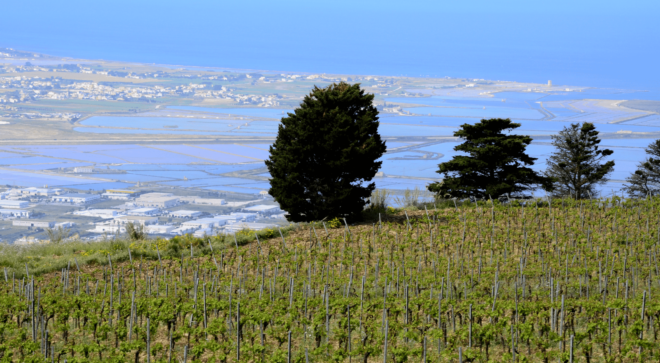
Photo gallery
Learn more
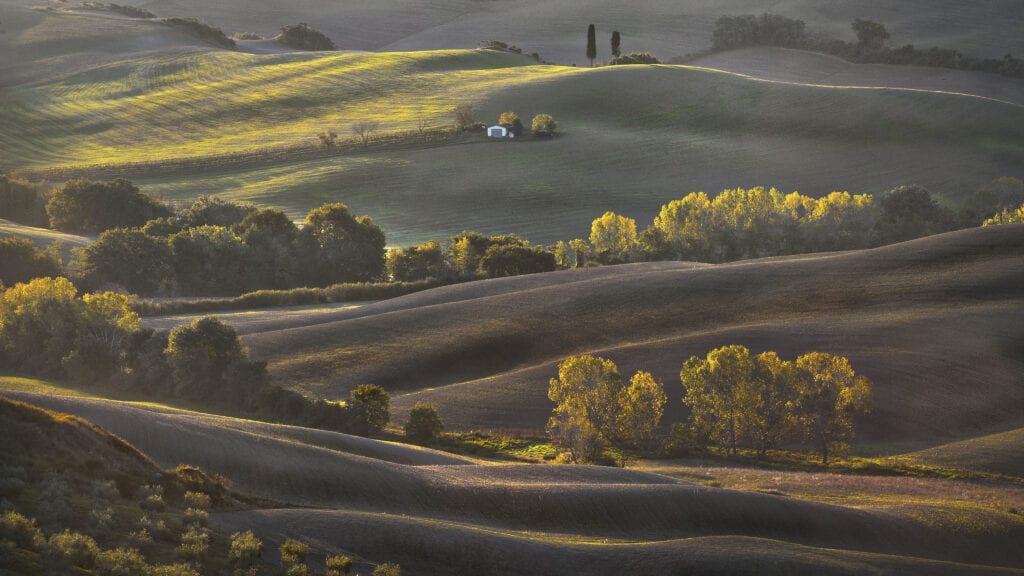
Discover italy
Are you curious by nature? Are you a foodie? Discover the rich culture and gastronomy that is particular to each region.

